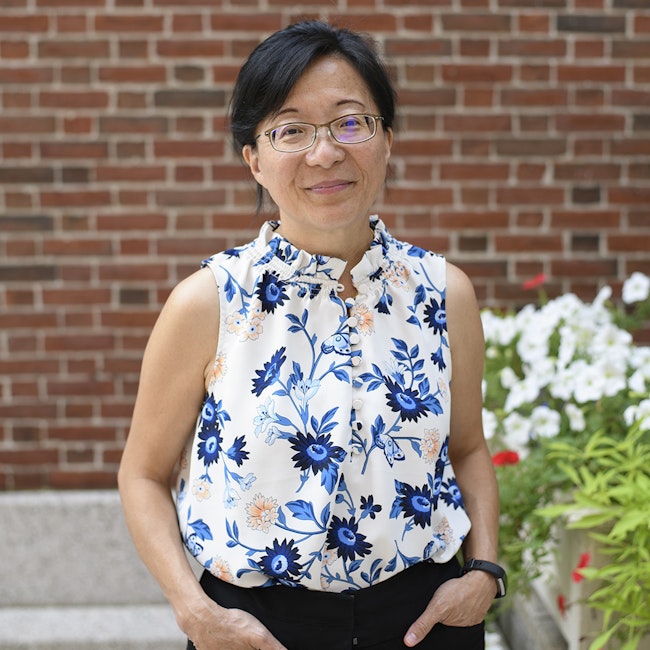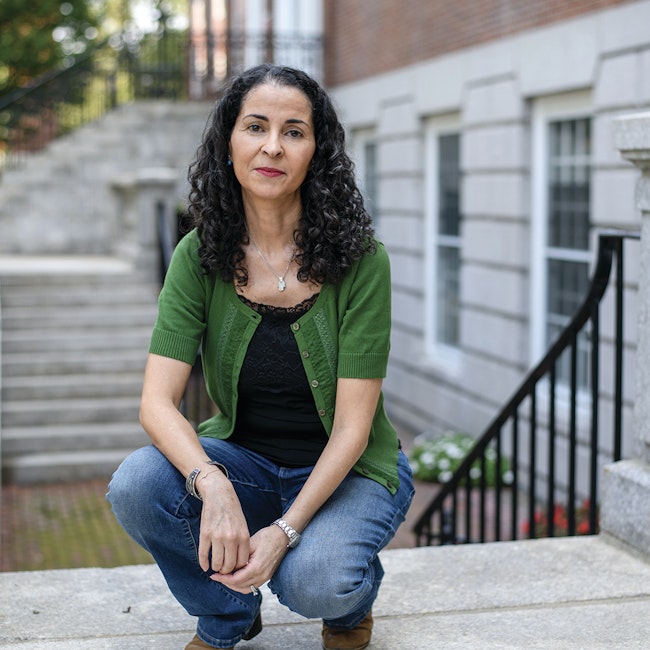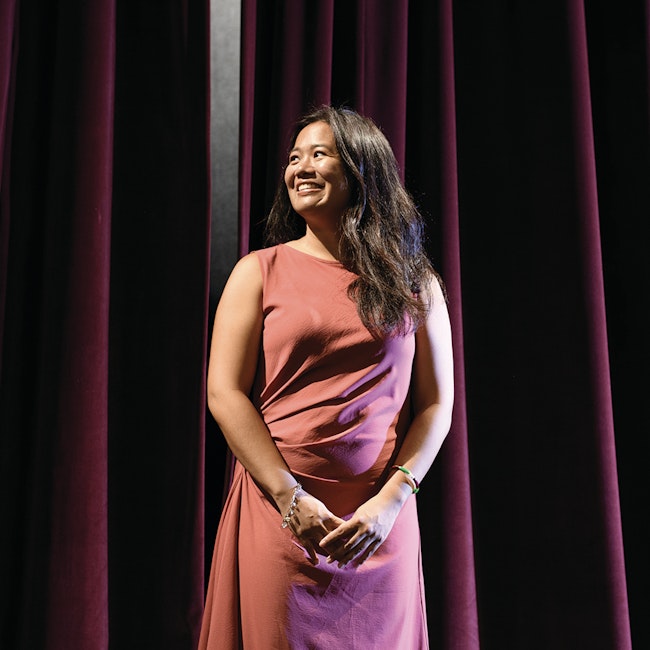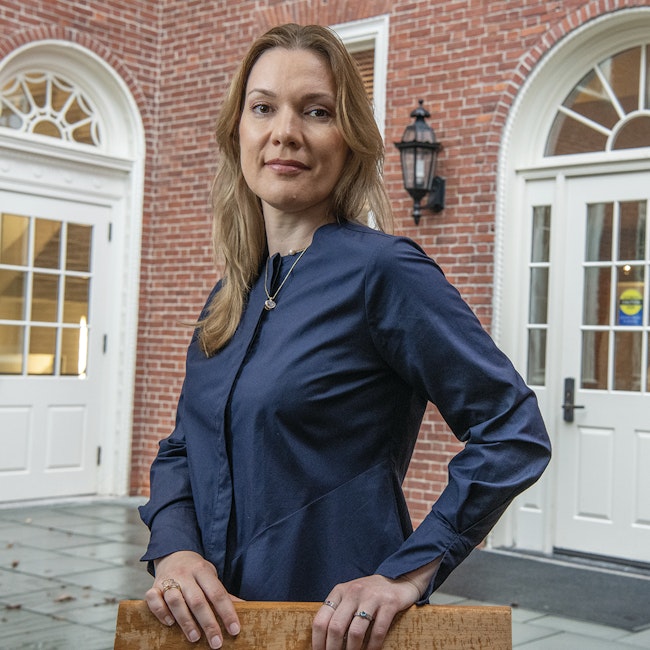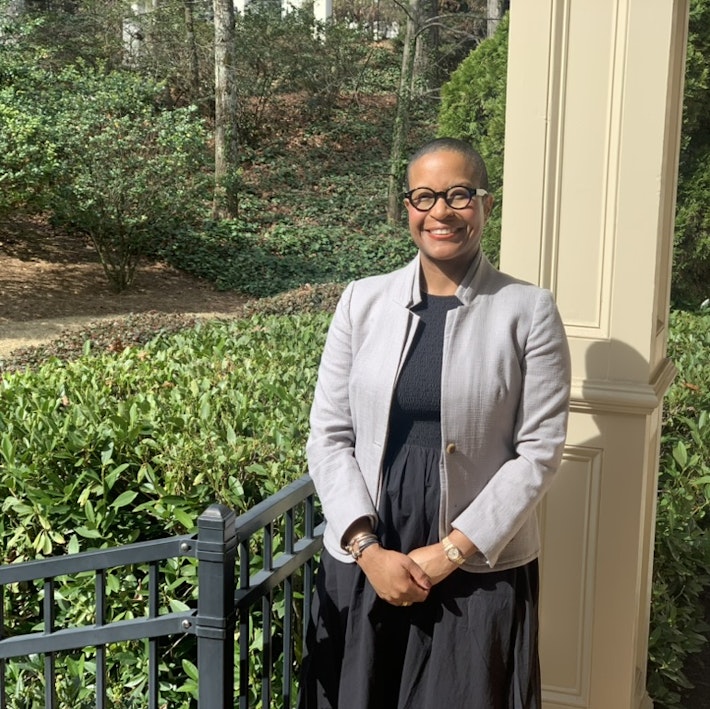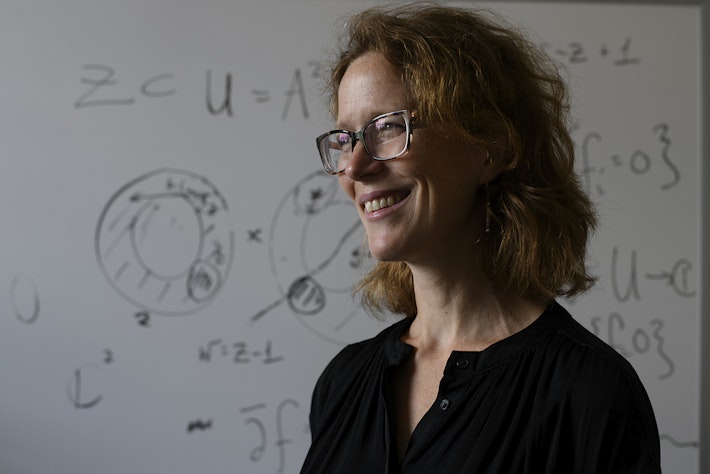Tomoko Shiroyama
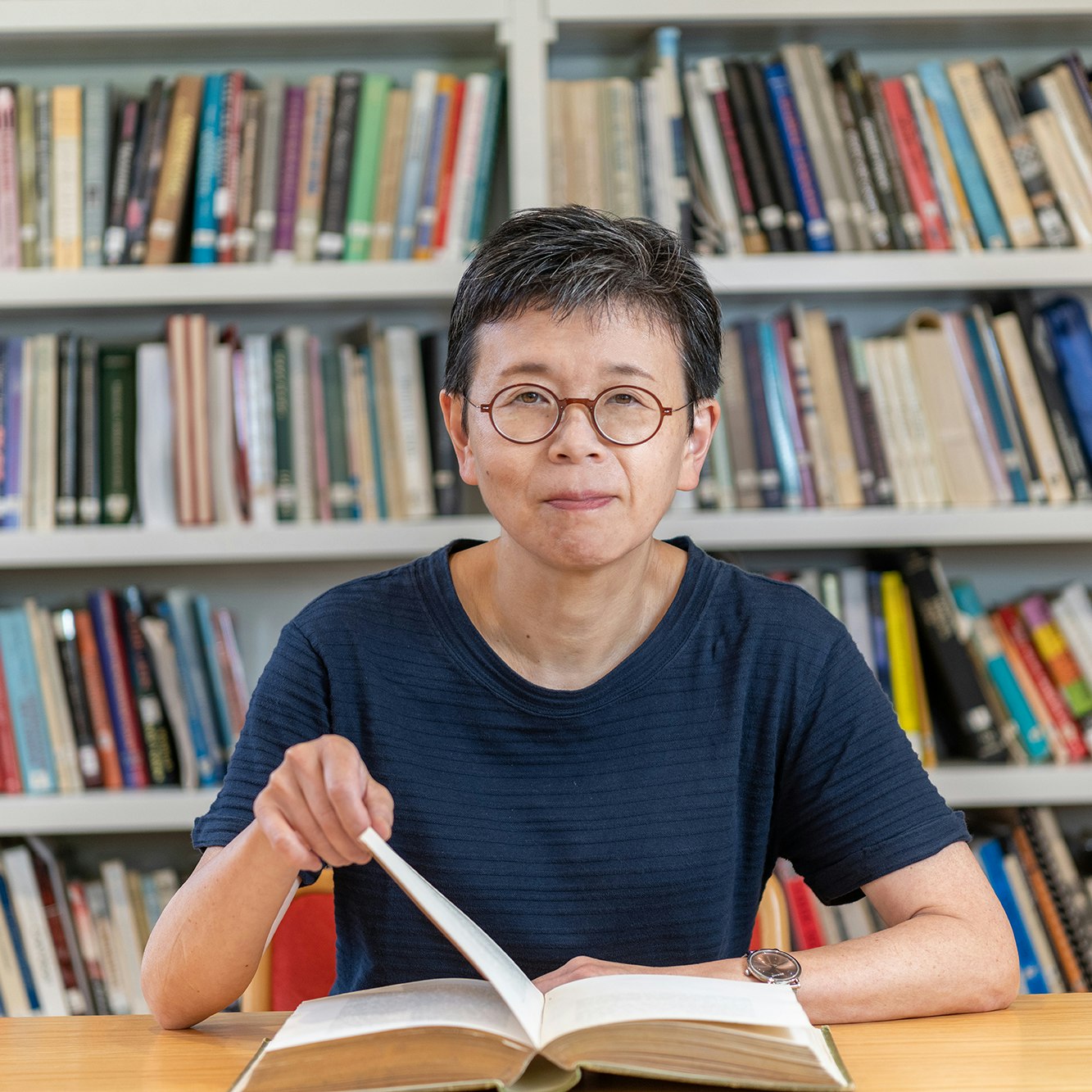
This information is accurate as of the fellowship year indicated for each fellow.
Tomoko Shiroyama is a professor of Asian economic history at the Graduate School of Economics, the University of Tokyo, and a research associate at Toyo Bunko (the Oriental Library). A historian of China and Asia, she has conducted research on China’s global connections in terms of the commodity trade, the flow of money, and the migration of traders and laborers. She is the author of China during the Great Depression: Market, State, and the World Economy, 1929–1937 (Harvard University Asia Center, 2009) and the coeditor of Chinese and Indian Merchants in Modern Asia: Networking Businesses and Formation of Regional Economy (Brill, 2019).
Shiroyama and her colleagues have organized an intra-regional/cross-disciplinary project on the history of Asia focusing on two water-related conditions, namely seasonal rainfall caused by monsoon and the hydrosphere, a topography shaped by water systems comprising seas, rivers, lakes, and marshes. At Radcliffe, she is examining the formation of treaty-ports in China from the mid-19th century as a process for humans to negotiate with the hydrological environment. By combining archival research, meteorological data sets, and spatial analyses, she provides new insights into the changing natural and social landscapes in the early phase of modern globalization.
Shiroyama earned her PhD in history from Harvard University. Her research in the United States was funded by the Japan–United States Educational Commission. Most recently, she served as a principal investigator on a project, funded by the Japan Society for the Promotion of Science, on the hydrosphere and socioeconomics in modern Asia.


